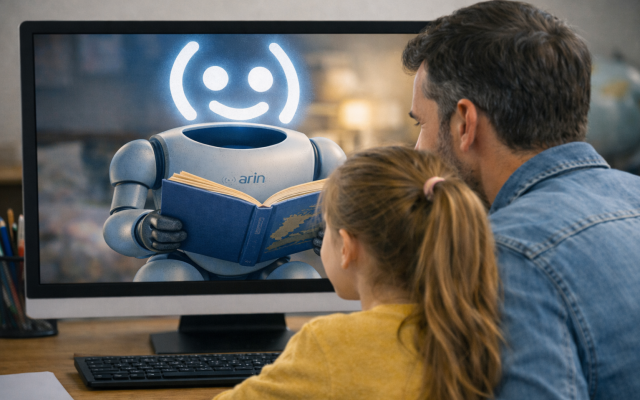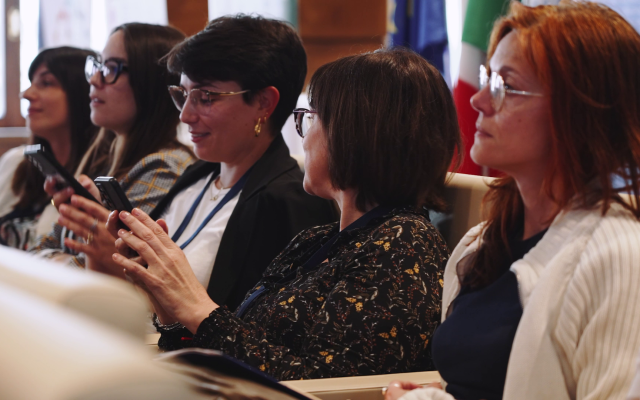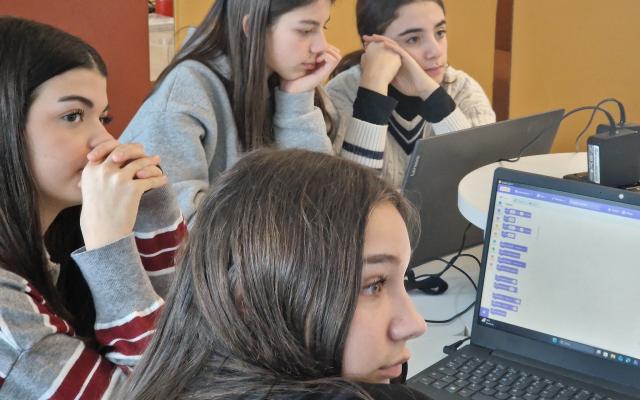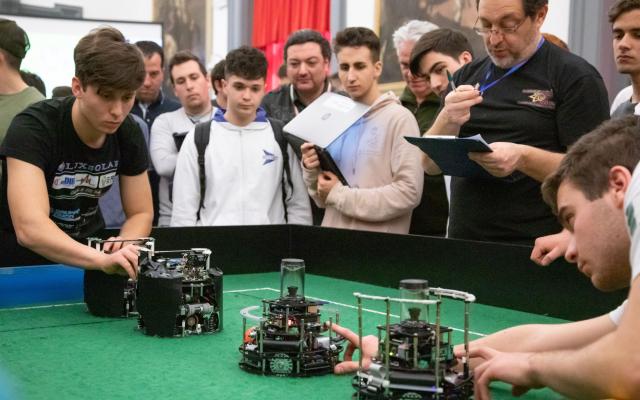Towards RomeCup 2025, Sturion talks about J&J's commitment to inclusive healthcare
The final phase of the second edition of the HealthBot creative contest is taking place again this year as part of the RomeCup (Rome, 7-9 May 2025), a space where young people can explore, in a concrete and participatory way, the impact of innovation on people's health and well-being. The contest is part of the training programme of the Fattore J project, now in its fifth edition.
We asked Mario Sturion, Managing Director of Johnson & Johnson Innovative Medicine Italia, for his comments. He emphasised the profound meaning of the company's commitment: ‘At Johnson & Johnson, for 140 years, our mission has been to transform the lives of millions of people through the development of innovative treatments that prevent, treat and cure some of the world's most impactful diseases. In recent decades, advances in healthcare have undergone a major evolution thanks to the integration of science, technology and digital innovation, and even more important innovations are on the horizon. It is a future in which the younger generations will play a key role, and for many years now we have been working alongside Fondazione Mondo Digitale on the Fattore J project. Now in its fifth year, Fattore J is our bridge to connecting with young people, who will be the active protagonists of tomorrow's healthcare. We believe it is essential to make them aware of the value of innovation and the impact it has on the health of us all. In this perspective, the RomeCup represents an opportunity to participate in a constructive dialogue, involving many different stakeholders, on the impact of new technologies on society in general and also in the healthcare sector. Being here means investing concretely in young talent and contributing to the creation of an ecosystem of innovation capable of making a difference.’
In programmes such as Fattore J, we start by involving young people to make them fully-fledged players in the processes of innovation in health and science. In your opinion, what should be the role of an organisation such as yours, within a cross-cutting alliance, in this ongoing work to raise awareness among young people?
The focus of the fifth edition of the Fattore J project is innovation, which is central to all our activities. This is not just about developing new treatments, but a broader approach: from scientific research to production, to the use of digital technologies, such as artificial intelligence, to improve quality of life and make healthcare processes more efficient. As a company, we have a role to play in helping to create a collaborative ecosystem that brings together companies, institutions, academia and the third sector to address the healthcare challenges of the future. Only through synergy between all the players involved can we guarantee a more sustainable and accessible healthcare system for patients. We firmly believe that young people are the driving force behind this transformation. Giving them the tools to understand and contribute to innovation means building an inclusive future for everyone's health.
For this edition in particular, Fattore J has chosen to support a reflection on innovation as a key driver of transformation for the future of healthcare, with a focus on the frontiers opened up by artificial intelligence. From your point of view, how can AI, more than other technologies, ensure that scientific advances are accessible to all and pave the way for healthcare that can guarantee truly widespread well-being?
A central element of this transformation is artificial intelligence, which is revolutionising scientific research and medicine, from early diagnosis to the development of personalised treatments. Thanks to AI, we can accelerate the discovery of new molecules by analysing huge amounts of data and rapidly testing different therapeutic combinations. It also allows us to identify clinical research centres and suitable patients more accurately, making trials more inclusive and efficient. We are developing advanced solutions that can identify genetic alterations, enabling patients to access increasingly targeted therapies. However, innovation is not just about the technology itself, but also how we use it. For AI to truly be an opportunity, it is essential to invest in training the next generation, who will be the healthcare professionals of the future. Providing them with the right skills means ensuring the ethical and informed use of these technologies, so that they can contribute to a more equitable, accessible and sustainable healthcare system.
Speaking of inclusion and the ethical principles that must characterise the harmonious development of AI, Fondazione Mondo Digitale is organising a moment of reflection on the Manifesto during the next RomeCup. J&J has also signed it. Among the ten actions proposed, can you tell us which ones you think are the most delicate and important challenges for the healthcare system?
Inclusion and the adoption of ethical principles are fundamental for the sustainable development of artificial intelligence, especially in healthcare. Among the ten proposals, the most sensitive and important for the healthcare system certainly include equal access to technology, so that artificial intelligence does not become a privilege for the few but a benefit for all; education and professional training, which are essential for equipping the younger generation and healthcare professionals with the skills they need to exploit its potential responsibly; and, finally, the promotion of research and innovation for sustainable development, which is essential for accelerating the discovery of new treatments and making healthcare more efficient and accessible. Since we launched the fifth edition of the project last December, I have been deeply impressed by the interest and trust that young people are showing in these issues. This confirms that we are on the right path to face the future of health with awareness and optimism.
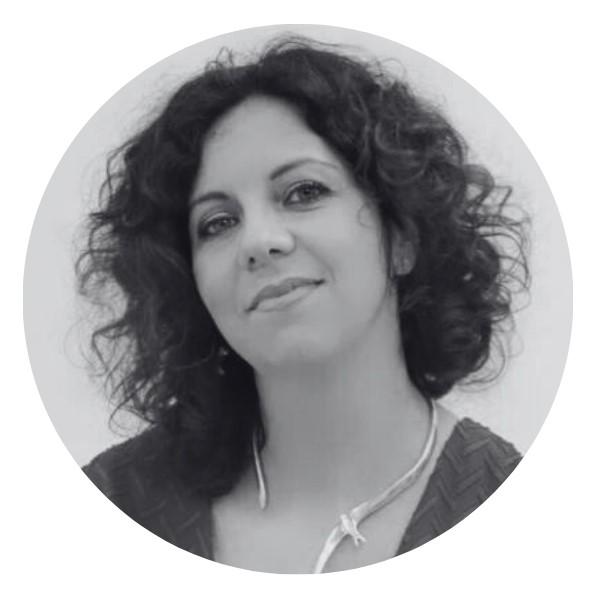
Interview by Onelia Onorati, press office of the Fondazione Mondo Digitale

